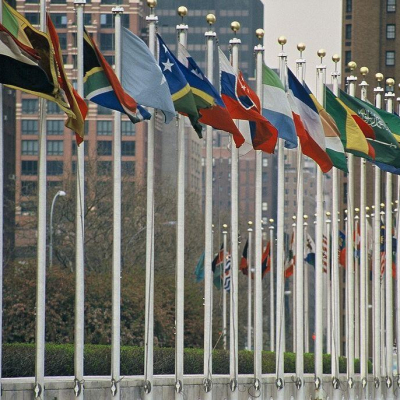A guide to living costs for expats moving to Switzerland

Switzerland is one of those locations that many people dream of moving to, what with its excellent standard of living, beautiful scenery and well developed culture. It can, however, be an expensive place to live. Read on to find out all about the main costs you'll come across as an expat in this part of the world - and the best ways to cut them.
Property
House prices in Switzerland are, unfortunately, very high due to the low availability of vacant properties in key locations across the country, making renting the norm among both locals and expats.
However, Lloyds TSB ranks it as the fourth most expensive nation in the world when it comes to rental costs, and this is best exemplified by typical rents in major cities like Geneva (£1,397 a month) and Zurich (£1,192). Basel seems slightly more reasonable at £863 a month, but it's still the world's 21st most costly city for property out of a list of 44 chosen by Lloyds TSB.
Aside from choosing to live away from city centres, the best way to get value for money when renting a property in Switzerland is to look at the price per square metre, which is usually mentioned in ads. Consider how much space you and your family (if applicable) will need and only consider dwellings that meet this criteria, rather than thinking about splashing out more money on a slightly bigger house or apartment.
You can also slash costs by opting for an unfurnished property and only buying the bare essentials when it comes to furniture - trawl markets and second-hand shops for bargains.
Schools
If you're moving to Switzerland with children of school age, education fees will likely have a huge bearing on where you choose to move to (unless you're lucky enough to have a relocation package that includes school fees).
While kindergarten is usually free, Lloyds TSB has the country at the top of its list of the most expensive nations for schooling, which is perhaps no surprise considering that it's home to some of the best institutions in the world, attracting both local and foreign students in their droves. Lausanne is the costliest city to go to school in, with average annual fees standing at a hefty £19,889.
You're unlikely to find more competitive fees if you have your heart set on junior enjoying a private education, but the country's public schools are generally thought to be excellent, too, meaning they needn't be the second best option if you do need to cut costs wherever possible. Just bear in mind that it's unlikely your chosen public school will teach pupils in English, so your child will need to get to grips with whatever language that establishment uses to keep up with their education.
General living expenses
After reading the above, it's perhaps unsurprising that Switzerland has three cities in Lloyds TSB's top ten most expensive cities in terms of general living costs - Zurich, Geneva and Bern. The strength of the Swiss franc means Zurich is more expensive to live in than London, while Geneva has extremely high energy costs (but also an excellent public transport network that will help you save money on running a car - very useful in light of the fact that insurance is particularly pricy in Switzerland).
It's worth bearing in mind that health insurance is mandatory in the country, which might be a shock to the system if you've previously relied on free NHS treatment. Food costs in both supermarkets and restaurants are generally relatively high, so you'll need to find ways to make your provisions last for longer and minimise eating out if you're serious about cutting costs. Luckily, the Swiss seem to prefer socialising at home to evenings out, so getting to know the locals shouldn't be too expensive!
By Dipika Patel, a travel blogger who likes to save money wherever she can - both at home and abroad.
- My Life Abroad -
A selection of expat stories

"A fun compulsive read!"
J. Matcham, Amazon
"I strongly advise people ready to live abroad to read this book!"
Patrice, Amazon

 Hiring packing services reduces the stress of moving
Hiring packing services reduces the stress of moving Relocation Services - Which Option is Best?
Relocation Services - Which Option is Best?
 AGS Worldwide Movers
AGS Worldwide Movers 1stMove Car Shipping
1stMove Car Shipping Embassies and Consulates in Switzerland
Embassies and Consulates in Switzerland